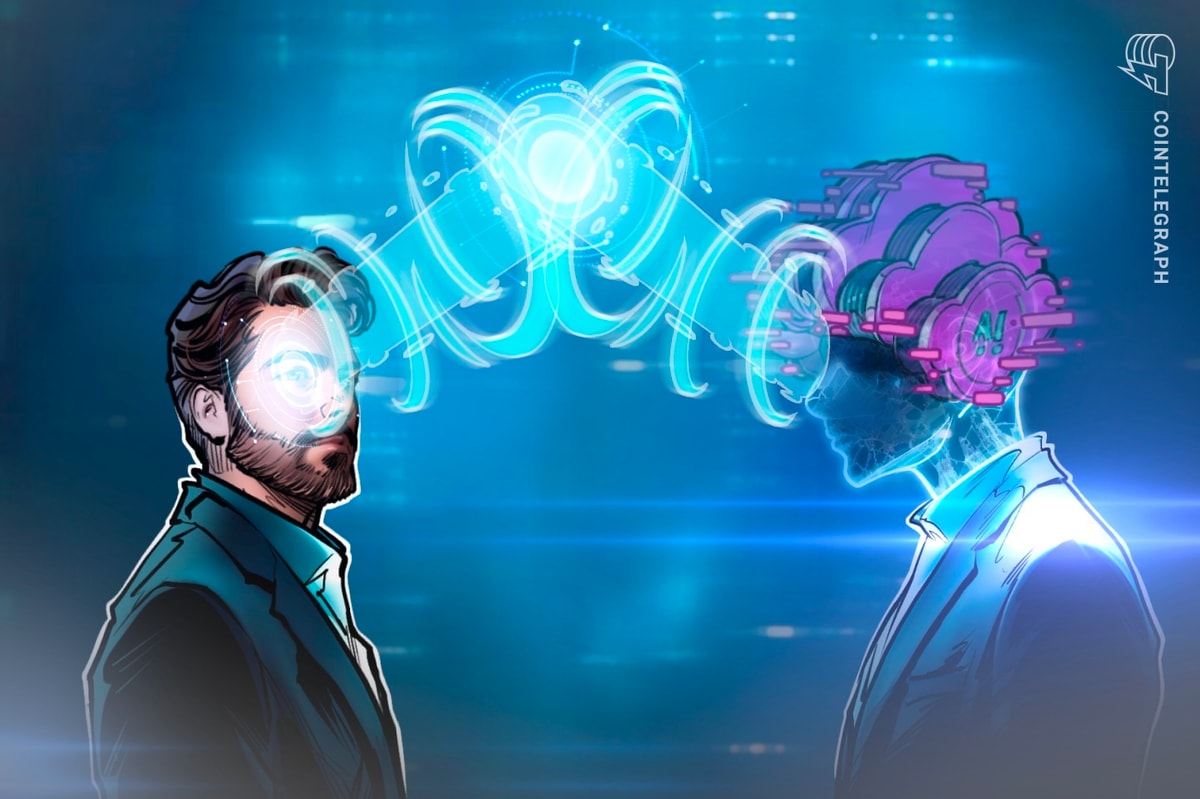Machines can never replace human creativity and technology should be in mankind’s service were the biggest takeaways from a heavyweight panel looking to the future of content at the International Film Festival of India, Goa, on Sunday.
The panel was devised and led by eminent filmmaker Shekhar Kapur (Red Sea Film Festival opener “What’s Love Got to Do with It?”). Participants included Oscar-winning “Slumdog Millionaire” composer A.R. Rahman, Ronald Menzel, co-founder and chief strategy officer at Dreamscape Immersive, with tech maven Pranav Mistry, who was formerly CEO and president of Samsung Technology and Advanced Research, joining via video link.
The panelists discussed the concept of the metaverse, which is still in is nascency. Mistry envisaged a future powered by VR, AR and AI where the audience participated in an MCU movie and solved world problems. Rahman spoke about the process of creating his VR project “Le Musk” that premiered at Cannes earlier this year and is now touring the world.
When asked by Kapur if he could ever be replaced by AI, Rahman said that he is himself a product of an evolution over several distinct career phases; from the early 1990s, to the years after winning the Oscar, to the present day. “I am the AI,” Rahman said, in a reference to the technology’s evolutionary learning capabilities.
“What VR is doing is taking me on a journey outside myself. When I watched a film like ‘2001: A Space Odyssey,’ I watched it 18 times – it’s so beautiful,” said Kapur. “Because each time I am in a different stage of my life and each time it is taking me on a journey somewhere else. So great movies, great compositions that we hear again and again, are doing something to us that is more than just listening to music. It is taking us on what we call a completely virtual journey. And often what technology is trying to do is to create a virtual journey to replace our senses.”
Menzel said that technology should not be used to replace creativity. “Let’s use technology to do things that we cannot do in the real world,” Menzel said. “We have technology that allows us to understand what our brain is doing in real time. The movies we’re going to watch are going to be evolving, depending on your real reaction and state of mind. And maybe you are also part of the creation of the movie you are watching.”
Addressing the issue of the negative effects of technology, Rahman said, “The foundation has to be very strong – the foundation of culture, the foundation of human rights, where children and women are not exploited. That’s why we all must rise up as creators and not let someone else do it – that’s the reason I jumped into virtual reality.”
Read More: news.google.com









 Bitcoin
Bitcoin  Ethereum
Ethereum  Tether
Tether  XRP
XRP  Solana
Solana  USDC
USDC  Dogecoin
Dogecoin  TRON
TRON  Cardano
Cardano  Lido Staked Ether
Lido Staked Ether  Wrapped Bitcoin
Wrapped Bitcoin  LEO Token
LEO Token  Avalanche
Avalanche  Chainlink
Chainlink  Stellar
Stellar  Sui
Sui  Shiba Inu
Shiba Inu  USDS
USDS  Hedera
Hedera  Toncoin
Toncoin  Bitcoin Cash
Bitcoin Cash  Wrapped stETH
Wrapped stETH  Litecoin
Litecoin  Polkadot
Polkadot  Binance Bridged USDT (BNB Smart Chain)
Binance Bridged USDT (BNB Smart Chain)  Bitget Token
Bitget Token  Hyperliquid
Hyperliquid  Pi Network
Pi Network  Ethena USDe
Ethena USDe  WETH
WETH  WhiteBIT Coin
WhiteBIT Coin  Monero
Monero  Wrapped eETH
Wrapped eETH  Uniswap
Uniswap  OKB
OKB  Dai
Dai  Pepe
Pepe  Coinbase Wrapped BTC
Coinbase Wrapped BTC  Aptos
Aptos  Gate
Gate  Ondo
Ondo  Tokenize Xchange
Tokenize Xchange  NEAR Protocol
NEAR Protocol  sUSDS
sUSDS  BlackRock USD Institutional Digital Liquidity Fund
BlackRock USD Institutional Digital Liquidity Fund  Internet Computer
Internet Computer  Mantle
Mantle  Ethereum Classic
Ethereum Classic  Cronos
Cronos